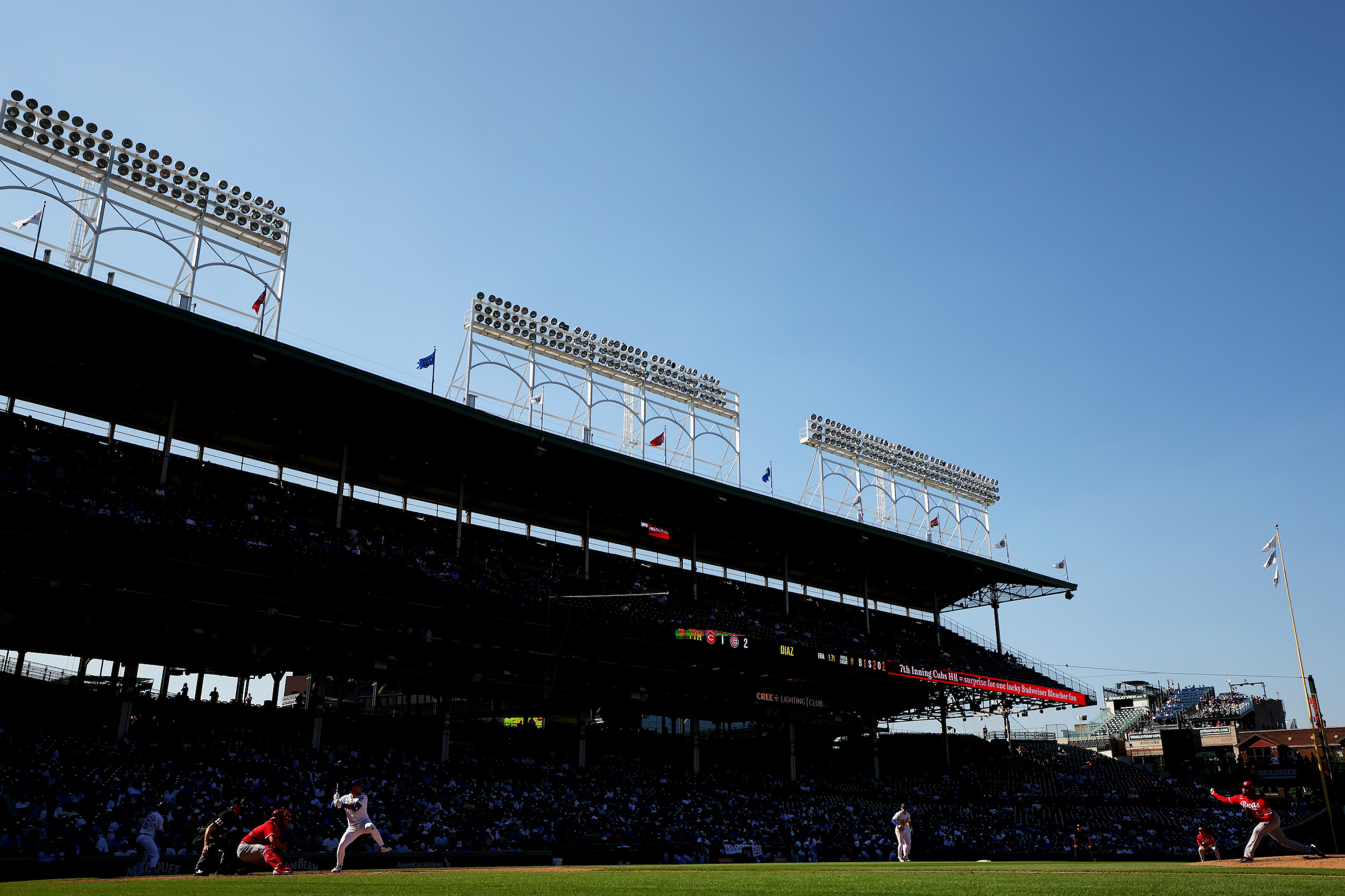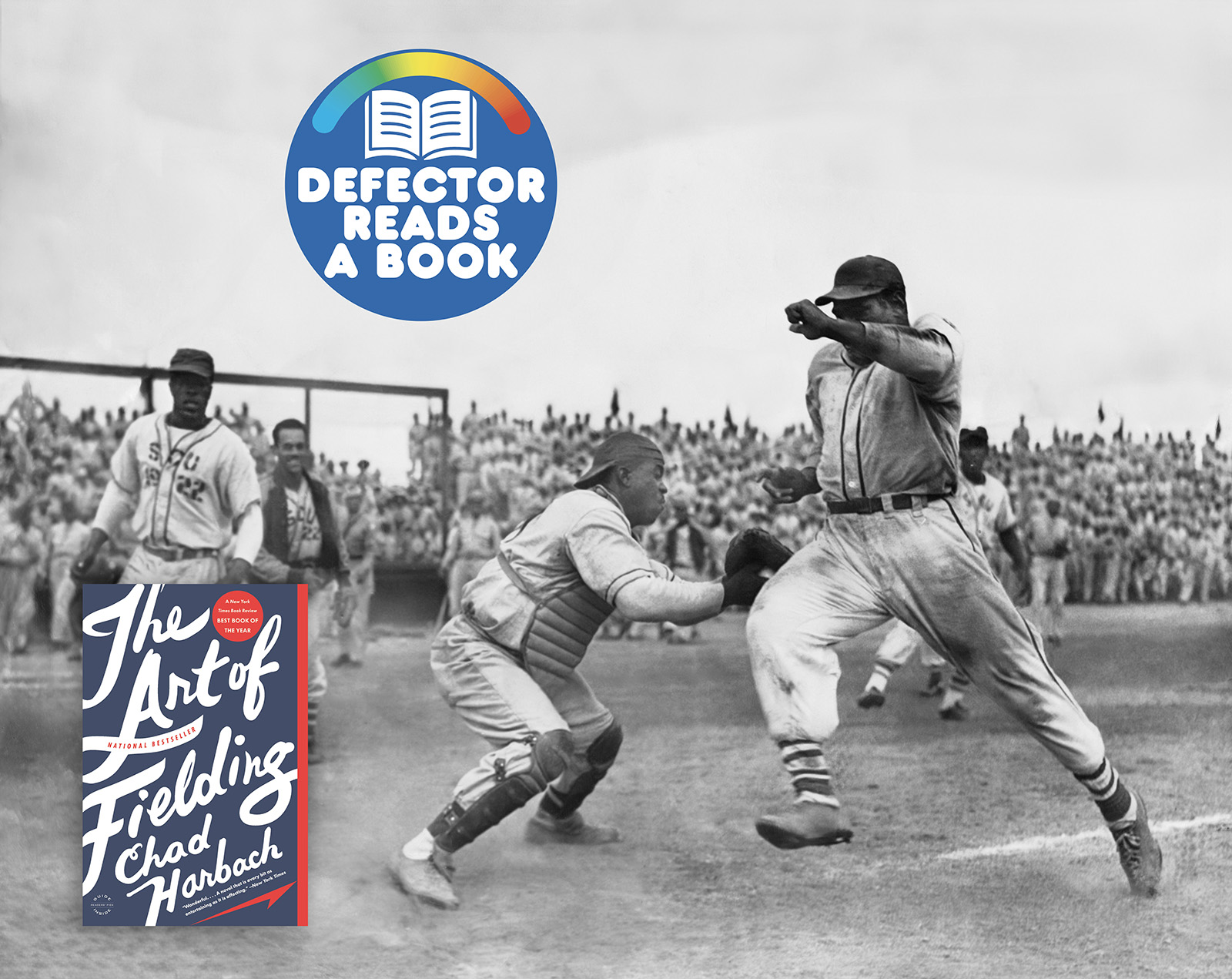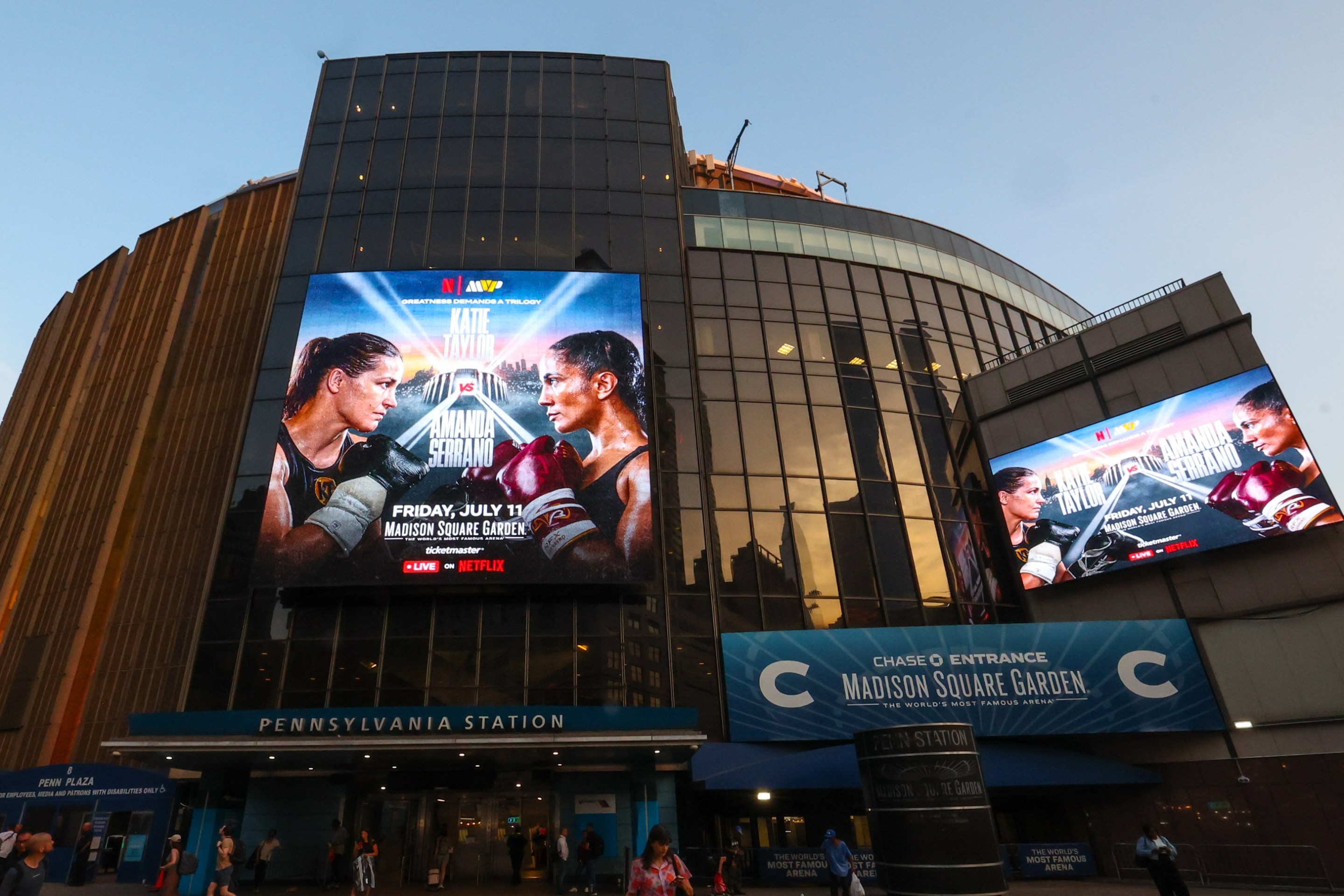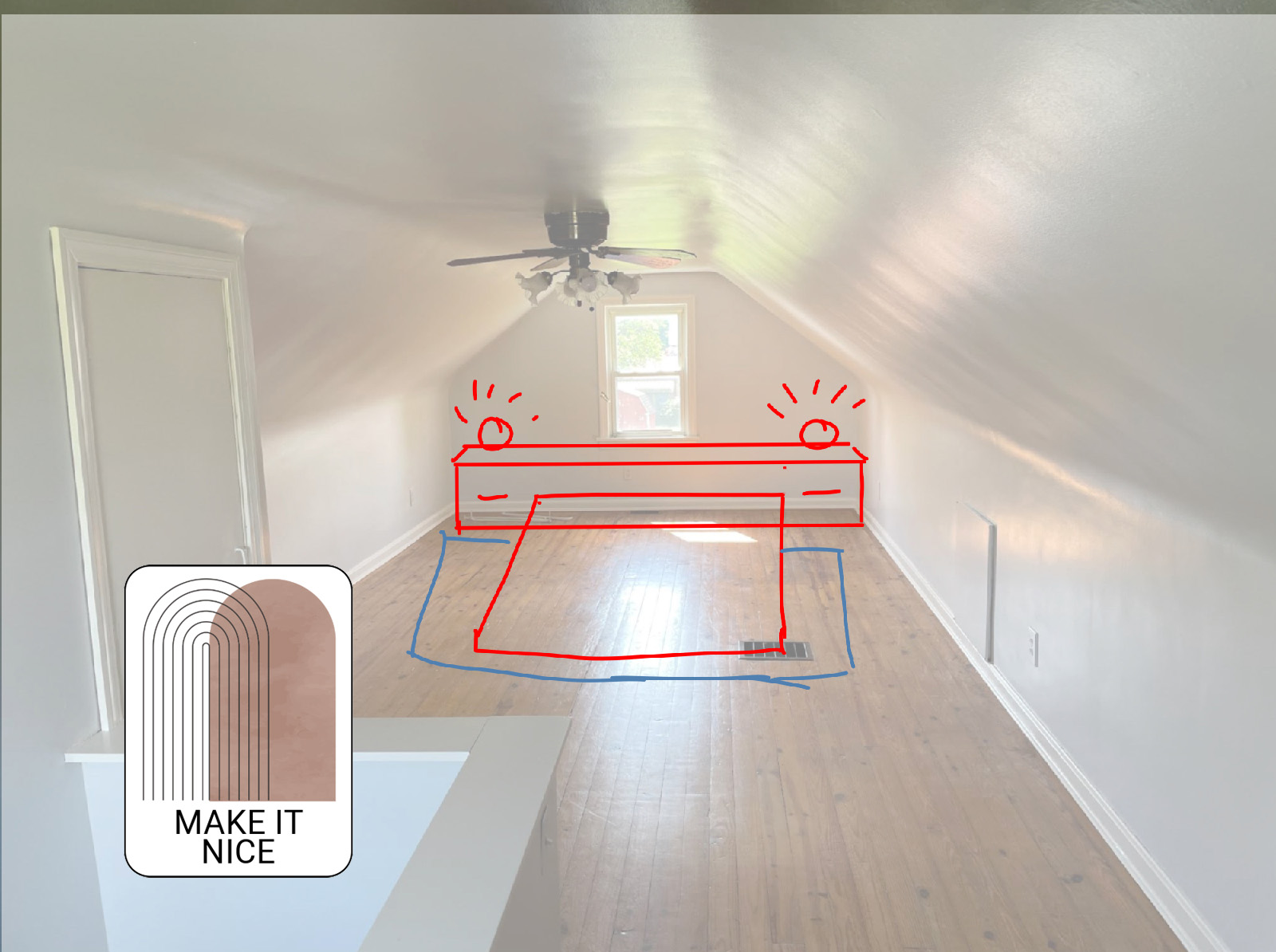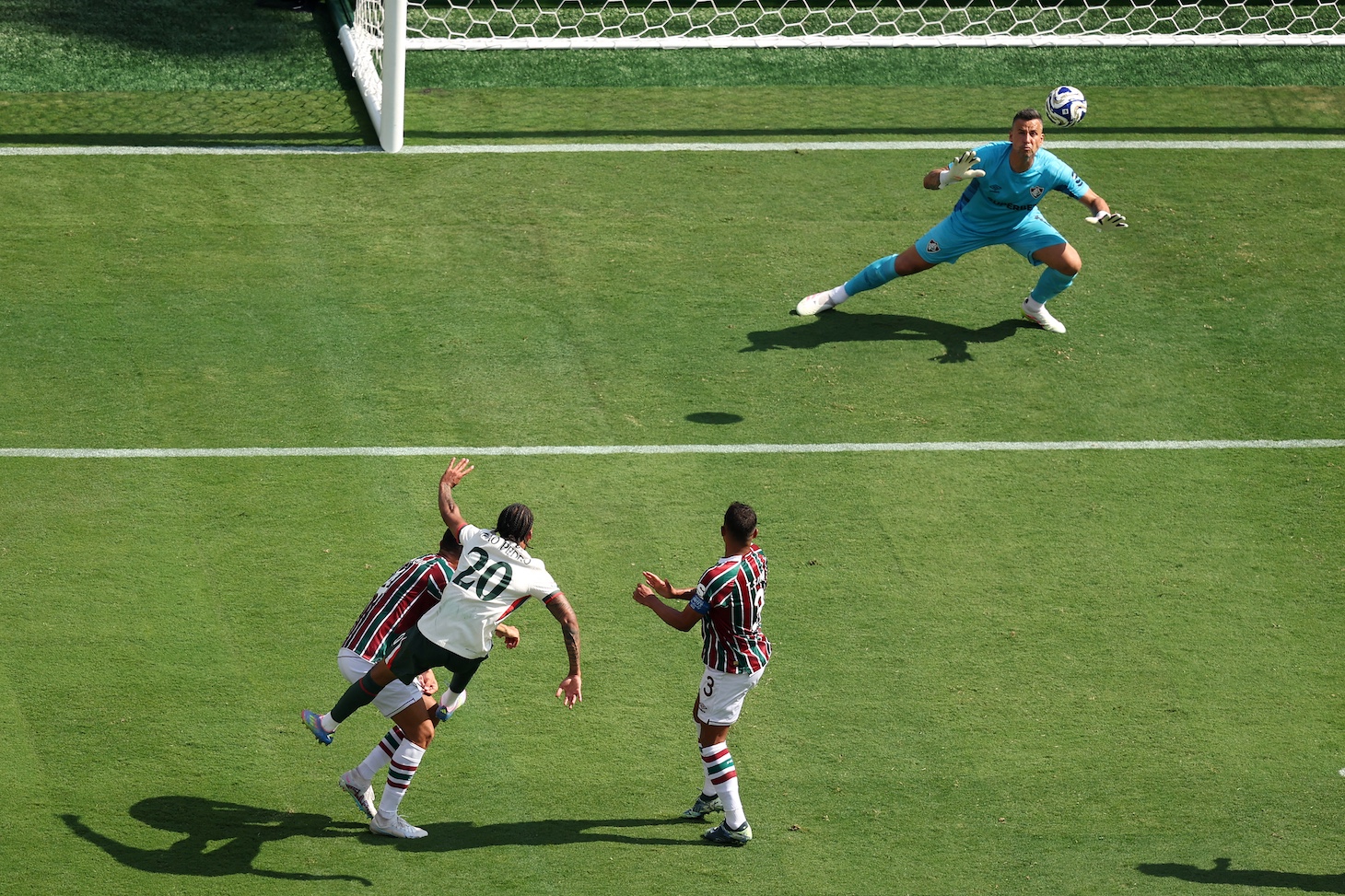Baseball's 11-person competition committee will vote Friday on a number of new rules intended to improve the way the sport is played. The changes, taken together, fall short of a complete overhaul—there's still a pitcher, a catcher, a batter, and seven fielders; still three outs per inning; still nine innings; baserunners still go counterclockwise; a dinger's still a dinger—but constitute much more than a minor tune-up. They're designed to be felt, and in most cases to bear directly and immediately on the behavior of players. If baseball gets this right, you will not be able to turn on a game in April 2023 without noticing the difference.
MLB is getting a 15-second pitch clock and bigger bases, and is limiting the ability of pitchers to control the running game, and is eliminating the shift. Those are just the top-line items: Each change, with the exception of the huge bases, breaks down into a set of rules, fine-tuned together to produce specific outcomes. Evan Drellich and Ken Rosenthal of The Athletic have a thorough rule-by-rule breakdown; it may fascinate or appall you to learn that explaining baseball's new pitch clock requires the use of no fewer than 14 bullet points, and addresses things like when and how often a pitcher may ask for a new ball, when and for how long a batter's walk-up music may be played, and who has authority to approve the playing of "God Bless America" between innings. There are more moving parts here than you might expect:
• Batters can ask for and be granted time once per plate appearance, and have to ask for time orally. That resets the pitch clock. A batter who requests time a second time or more in the same plate appearance is to be charged with a strike—unless the batter stays in the batter’s box, then the umpire has discretion as to whether to charge a strike.
• The length of batter walk-up music cannot exceed 10 seconds. Music between pitches is to be limited so hitters aren’t encouraged to leave the box.
• “Extended inning events,” like the playing of “God Bless America,” or anything that stops all action in the ballpark, requires approval from the commissioner’s office, and advance notice of those approved events has to go to the MLBPA.
The Athletic
If it seems like this is Rob Manfred going full Roger Goodell mode and flaunting his authority over the game, you should perhaps take some encouragement from the fact that baseball has been testing and refining these changes in the minor leagues for a period of years, tinkering around until they reliably produce the desired outcomes. Baseball knowers who've tracked these experiments report that they really do speed up and action up the game. There's no moral high ground in preferring a sped-up and actioned-up brand of baseball—maybe the era of true outcomes suits you just fine, you freak, you maniac—but for now the desired outcomes are confined to baseball aesthetics, and aren't aimed at squashing the market value of this or that type of player. That may come two or three years from now, when the rejiggered game has taken root and we finally learn which player type(s) will henceforth be paid in Fiddle Faddle.
There are so many changes coming that even the dopiest Ned Flanders–esque optimist can find something in here to grumble about. My personal example would be the new restrictions on so-called "pitcher disengagements," a term that refers to any time a pitcher steps off the rubber. Currently pitchers are allowed to step off an unlimited number of times, to attempt to pick off baserunners, or simply to screw with the timing of hitters, or because they swallowed a fly, or because they aren't liking the sequence of signs coming from the catcher, or for any other reason. Under the new rules, a pitcher will be limited to two disengagements per batter. If he steps off a third time but does not produce an out—if his pickoff move beats the runner by half a step but the first baseman fails to make the tag, for instance—the pitcher will be charged with a balk.
I like what this rule is intended to produce, which is a game that moves along a little more quickly. But in general I'm squeamish about rules that propel a game on technicalities; to me a baserunner advancing to second on a technicality is a negative outcome, the least entertaining thing that can happen when a guy steps on first base. There's also something to be said for the cat-and-mouse game between a pitcher and a baserunner, with no set of rules or timer to limit the engagement. As of today, I worry that I will feel the lack of that part of the game, and I am still not totally convinced that this new rule will offset that lack with an increase in base-stealing. Then again, I thought I would hate the zombie runner in extra innings, and it turns out I mostly don't give a rip, and sometimes even find myself grateful that a given Nationals game is likelier than it might otherwise have been to end quickly.
I think I am learning, too, that I will tend to recoil at all new restrictions on play if they don't shore up a significant flaw or loophole in the way the sport has evolved organically. If my child someday asks me why all baseball teams have a guy who stands on first base, I will tell her it's because without a guy on first base, you would have no reliable way of making outs from grounders. You absolutely do not need a rule for stationing a guy at first base. Now, if my child asks me why a pitcher doesn't simply throw the ball over to first base when a baserunner takes an aggressive lead, I will have to tell her that he is limited by the rules in the number of times he can do that. And when she asks why he is limited by the rules, I will have to tell her that it's because around the turn of the millennium baseball nerds figured out that base-stealing was often not worth the risk, and eventually the powers that be had to engineer a way to juke the math. It's inelegant and artificial and annoying to explain. My child's eyes will glaze over, and she will go back to smashing up our living room with her toys, and I will wind up talking to myself.
There are a lot of technicalities! Pitchers who violate the pitch clock will be assessed a ball; batters who violate the pitch clock will be assessed a strike; teams that pull a third defender to the right of second base will be assessed a ball; batters who ask for a second time-out during a plate-appearance will be assessed a strike. It doesn't help that baseball is guided by a doofus of a commissioner, and that the commissioner's office functionally controls the competition committee. But even if the process were not being steered by a baseball-hating lackey and his sub-lackeys, there would still be unintended consequences to confront, and a certain number of intended consequences that inevitably will drive some baseball fans crazy. The first time Cade Cavalli balks home a runner after forgetting how many times he's stepped off the rubber, I will spike my remote control and swear a new vendetta against Manfred, and unlike many of the other vendettas I have sworn against Manfred, this one he will have undeniably earned.
But if the goal is a faster game, with more action on the bases, more defensive heroics, more balls in play, and more variability from moment to moment, I have to admit that Manfred and I are on the same page. We both detect and rue the same stagnation in the game, and prefer a version of the game that is not likely to come back around without some sort of intervention. It's a scary position for a baseball fan to wake up into, but today I find myself hoping that Rob damned Manfred has finally gotten something right.
